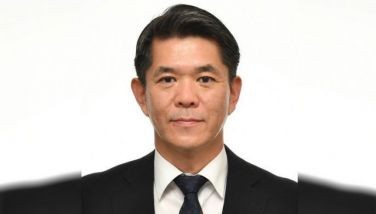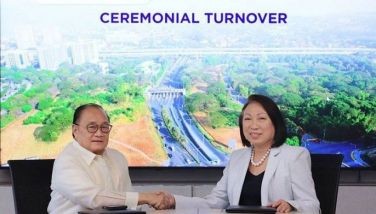The poor during speeches
When you hear the word “Filipinos” what economic status comes into your head? Is it poor, the unemployed, the homeless, the hungry, or everyone including the working class and the upper class? If the latter is the right thing to consider, then why do most running presidential candidates love to sing the line “Para sa mahihirap, para sa nagugutom nating kababayan” and many other lines that indulge the poor Filipinos.
During the outbreak of the COVID-19 last 2020, the country was put on strict lockdowns with national directives on health and safety. To provide the essential needs of the citizens, the Philippine government distributed food and subsidies (ayuda) to help every family while staying at their individual home. Despite this service, still a lot of Filipinos cried for help and complained. They say just because they belong to the middle class, doesn’t mean they are not financially affected by the pandemic. These people were also tax payers and some of them were paying high remittances, yet they received nothing or just less.
In the mainstream media, interviewers and supporters find a way to introduce the candidates’ platforms in case of winning the presidential election in 2022. Most candidates are now challenged to win Filipinos’ hearts through their speeches and interviews. However, the word “poor” is now being abused to sugarcoat their speech in order to connect with many Filipinos. They wish to free the poor from oppression, put enough food on their table, give homes to the homeless, and a lot more. Remember, as citizens and voters, poverty is not the only problem in our country. It could be one of the sources of some issues but it’s not only the main thing.
Targeting the poor Filipinos in political campaign speeches seems like exploiting them by way of good wishes and promises. On the other hand, talking about them seems like giving them a fish to eat for a day instead of teaching them how to fish to be able to eat for the rest of their lives, as a saying goes. Well, it’s not wrong to talk about plans for them but for the sake of a rhetorical speech, the line “Who else can help the poor?” becomes clearly a winning piece to catch attention. What about the working middle class and the higher class? They are Filipinos too.
For the past decades, sure enough, the Philippine government has already implemented programs for the poor. In fact, some of those who have benefited are now capable of sustaining themselves. They can now produce their own profit and maybe multiply their humble assets. Now, why are those candidates so loud in talking about the poor? Is it because a lot of poor Filipinos are unfortunate when it comes to critical and analytical education? Is it because some of them don't care about national policy because all they need is immediate money? Or is it the easy way to get their votes?
Remember, some Filipinos are no longer poor. Some learn from experiences, work hard, and build their own progress in life. Other than talking about the poor, what’s new which can serve the whole Filipino nation for a longer period? What's new which can discipline all Filipinos to respect and trust a government?
John Caballes
Cebu City
- Latest




















